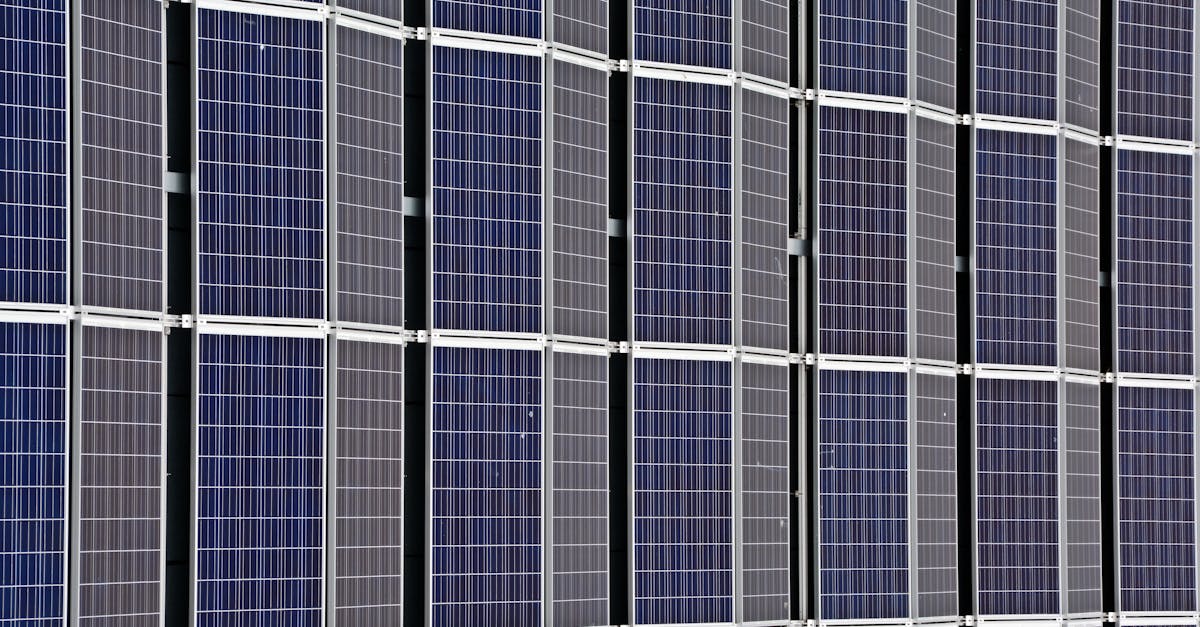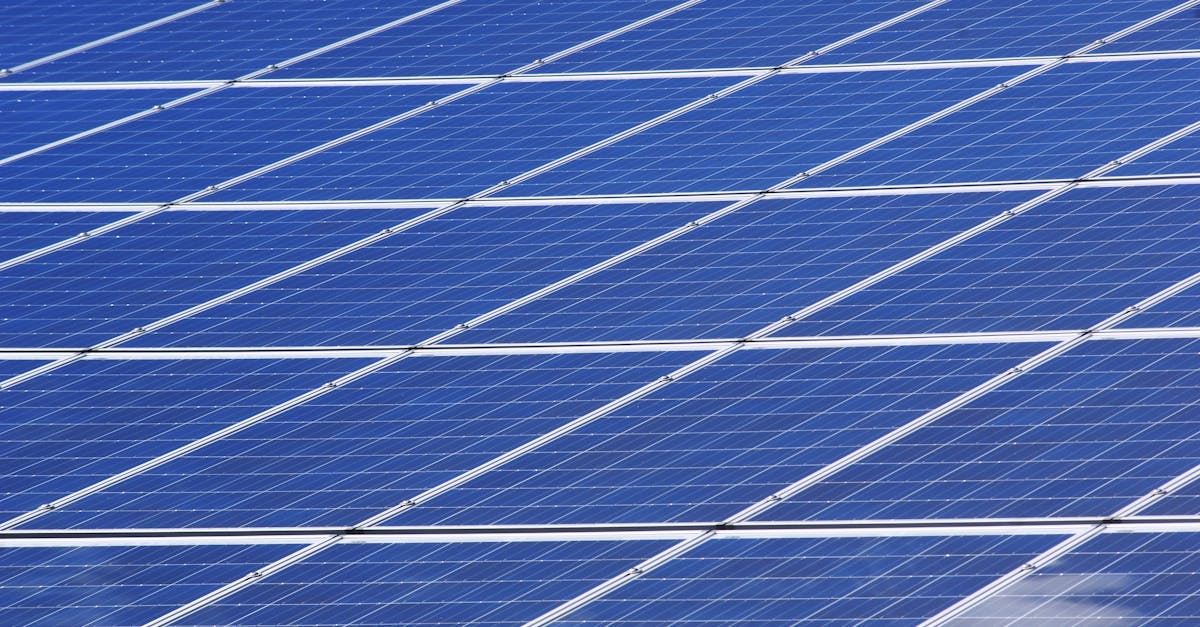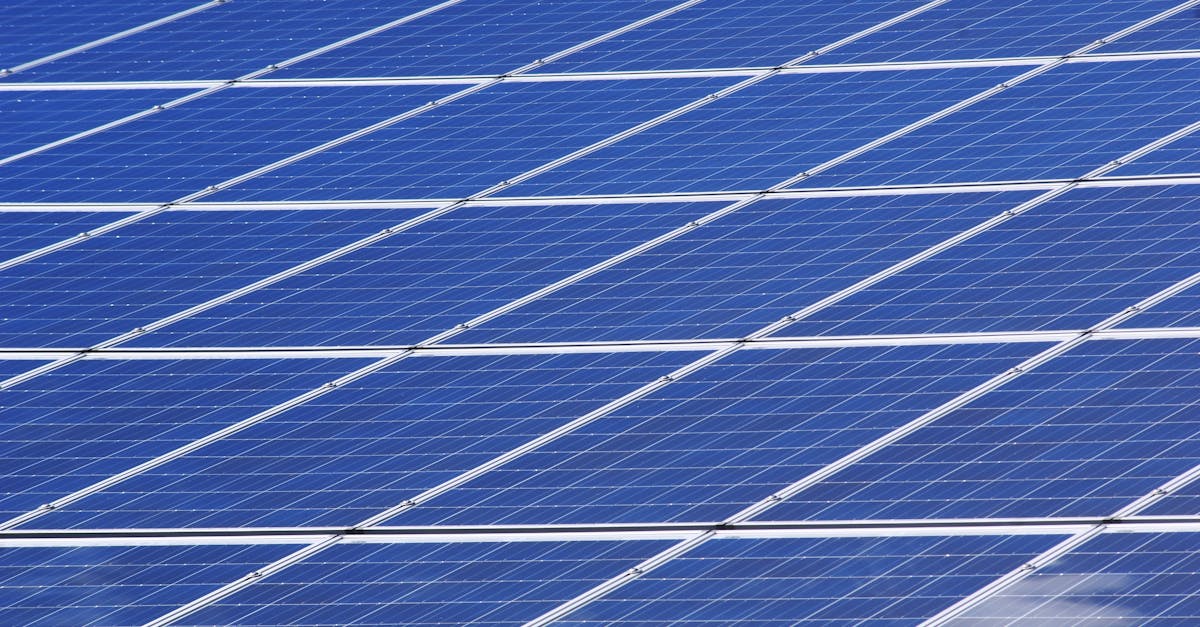Unlocking the Potential of Solar Energy: A Journey Towards a Sustainable Tomorrow

Storing Sunshine: The Future of Solar Panel Battery Storage and Renewable Energy Solutions
Harnessing the Sun’s Power: A Brighter Future with Solar Panel Battery Storage
In a world increasingly conscious of environmental sustainability and energy independence, solar energy has emerged as a beacon of hope. As we strive to reduce our reliance on fossil fuels and transition towards renewable energy sources, solar panel battery storage has become an essential element in this green revolution.
Thank you for reading this post, don't forget to subscribe!
This comprehensive article delves into the transformative role of solar battery storage, exploring its numerous advantages, various types, and seamless integration with solar panel systems. We will navigate the future prospects and trends shaping this dynamic field, empowering you to make informed decisions and embrace a sustainable energy future.
1. The Rise of Solar Energy and Battery Storage
The Rise of Solar Energy and Battery Storage: Embracing a Sustainable Future
The world is witnessing an unprecedented surge in the adoption of solar energy, driven by growing concerns about climate change and the urgent need to transition towards renewable energy sources. As solar panels grace more and more rooftops and open spaces, the demand for reliable and efficient battery storage solutions has skyrocketed.
Battery storage plays a crucial role in unlocking the full potential of solar energy. It allows us to store excess solar energy generated during the day and utilize it when needed, such as during evening hours or during periods of low sunlight. This capability empowers homeowners and businesses to maximize their energy independence, reduce their reliance on the traditional grid, and significantly lower their energy bills.
The increasing affordability and advancements in battery technology, coupled with government incentives and supportive policies, are further propelling the growth of solar battery storage. As we move forward, we can expect even more innovations and cost reductions, making solar energy and battery storage even more accessible and attractive for residential, commercial, and industrial applications.
2. Benefits of Solar Panel Battery Storage

Benefits of Solar Panel Battery Storage: Powering Your Home with Sunshine
Harnessing the sun’s energy through solar panels is a fantastic step towards a more sustainable and cost-effective energy solution. However, maximizing the benefits of solar energy requires reliable storage options to capture excess energy generated during the day for later use. Solar panel battery storage offers numerous advantages that make it an indispensable part of any solar energy system.
Firstly, solar battery storage enhances your self-sufficiency and reduces your reliance on the traditional energy grid. By storing excess solar energy, you can power your home during evening hours, periods of low sunlight, or even during grid outages, providing peace of mind and energy independence. This is particularly beneficial in remote areas or during emergencies when access to the grid may be limited.
Secondly, solar battery storage helps you save money on your energy bills. By utilizing stored solar energy to meet your electricity needs, you reduce your dependence on expensive grid electricity, especially during peak hours when electricity prices are often higher. Over time, the savings on your energy bills can offset the initial investment in a solar battery storage system, providing long-term financial benefits.
Self-Sufficiency and Grid Independence
Self-Sufficiency and Grid Independence: Unlocking Energy Freedom
Solar battery storage empowers you to take control of your energy needs and minimize your reliance on the traditional electricity grid. By storing excess solar energy generated during the day, you gain the ability to power your home even when the grid is down or during periods of high electricity demand. This self-sufficiency provides peace of mind and resilience, especially during emergencies or natural disasters when access to the grid may be disrupted.
Embracing solar battery storage allows you to reduce your dependence on fossil fuels and contribute to a cleaner, more sustainable energy future. By generating and storing your own solar energy, you minimize the need to draw electricity from the grid, which often relies on non-renewable sources such as coal and natural gas. This not only reduces your carbon footprint but also supports the transition towards a more decentralized and distributed energy system.
Investing in solar battery storage is a proactive step towards energy independence and self-reliance. It empowers you to harness the sun’s energy, store it for later use, and reduce your vulnerability to grid outages and rising energy costs.
Financial Savings and Energy Bill Reduction
Financial Savings and Energy Bill Reduction: Powering Your Wallet with Sunshine
Solar battery storage offers significant financial benefits that can help you save money on your energy bills and increase the value of your property. By storing excess solar energy generated during the day, you reduce your reliance on expensive grid electricity, especially during peak hours when electricity prices are often higher. Over time, the savings on your energy bills can offset the initial investment in a solar battery storage system, providing long-term financial benefits.
In addition to reducing your energy costs, solar battery storage can also increase the value of your home. A recent study by the National Renewable Energy Laboratory (NREL) found that homes with solar panels and battery storage sell for a premium compared to homes without these features. This is because potential buyers recognize the value of energy independence, lower energy bills, and the environmental benefits associated with solar energy.
Investing in solar battery storage is a smart financial decision that can save you money on your energy bills, increase the value of your home, and contribute to a more sustainable energy future.
Environmental Sustainability and Reduced Carbon Footprint
Environmental Sustainability and Reduced Carbon Footprint: Harnessing the Sun for a Greener Future
Solar battery storage plays a vital role in promoting environmental sustainability and reducing our carbon footprint. By storing excess solar energy generated during the day, we can reduce our reliance on fossil fuels and non-renewable energy sources. This helps mitigate greenhouse gas emissions and contributes to the fight against climate change.
Solar energy is a clean and renewable source of energy that does not produce any harmful emissions during electricity generation. By storing solar energy in batteries, we can extend its availability beyond daylight hours and maximize its utilization. This reduces our dependence on fossil fuel-based power plants, which are major contributors to air pollution and greenhouse gas emissions.
Adopting solar battery storage is an investment in a more sustainable and environmentally friendly energy future. By embracing solar energy and battery storage, we can power our homes and businesses with clean, renewable energy, minimize our environmental impact, and contribute to a greener and healthier planet for generations to come.
3. Types of Solar Panel Battery Storage
Types of Solar Panel Battery Storage: Exploring the Battery Landscape
Solar battery storage systems come in various types, each with its own unique advantages and characteristics. Understanding the different battery technologies available can help you make an informed decision when choosing a system for your home or business.
Lithium-ion Batteries: The Current Frontrunner
Lithium-ion batteries are currently the most popular type of battery used in solar energy storage systems. They offer a good balance of performance, durability, and cost. Lithium-ion batteries are lightweight, have a high energy density, and can withstand a large number of charge-discharge cycles. They are also relatively maintenance-free and have a long lifespan.
Lead-acid Batteries: The Traditional Workhorse
Lead-acid batteries are a more traditional type of battery that has been used in solar energy storage systems for many years. They are less expensive than lithium-ion batteries but also have a shorter lifespan and lower energy density. Lead-acid batteries require more maintenance and are heavier than lithium-ion batteries.
Flow Batteries: The Emerging Contender
Flow batteries are a newer type of battery that is gaining popularity in solar energy storage applications. They use a liquid electrolyte that flows through the battery during charging and discharging, which allows for a longer lifespan and higher energy capacity than other battery types. Flow batteries are also less susceptible to thermal runaway, which makes them safer than lithium-ion batteries.
4. Integration with Solar Panel Systems

Integration with Solar Panel Systems: A Symbiotic Relationship
Solar battery storage systems are seamlessly integrated with solar panel systems to optimize energy production and storage. When excess solar energy is generated during the day, it is stored in the batteries for later use. This stored energy can then be utilized to power your home or business during evening hours, periods of low sunlight, or during grid outages.
The integration of solar batteries with solar panels creates a self-reliant and sustainable energy system. By storing excess solar energy, you can reduce your reliance on the traditional electricity grid and minimize your dependence on fossil fuels. This integration also allows you to maximize the benefits of solar energy by utilizing it even when the sun is not shining.
Installing a solar battery storage system is a relatively straightforward process that can be completed by a qualified solar installer. The batteries are typically connected to the solar panels through an inverter, which converts the DC power generated by the panels into AC power that can be used by your home or business. The system can also be integrated with a monitoring system that allows you to track your energy production and storage in real-time.
5. Future Prospects and Trends in Solar Battery Storage
Future Prospects and Trends in Solar Battery Storage: A Brighter Tomorrow
The future of solar battery storage is incredibly promising, with ongoing advancements and technological breakthroughs shaping the landscape. Researchers and companies are continuously exploring new materials and designs to improve battery performance, reduce costs, and increase lifespan.
One of the most exciting developments in solar battery storage is the emergence of solid-state batteries. These batteries use a solid electrolyte instead of a liquid or gel electrolyte, which offers several advantages. Solid-state batteries are more stable, less prone to thermal runaway, and have a higher energy density than traditional lithium-ion batteries. They also have the potential to be more affordable and have a longer lifespan.
Another promising trend is the development of flow batteries for large-scale energy storage applications. Flow batteries use a liquid electrolyte that flows through the battery during charging and discharging, which allows for a longer lifespan and higher energy capacity than other battery types. Flow batteries are also less susceptible to thermal runaway, making them safer than lithium-ion batteries.
6. Choosing the Right Battery Storage Solution

Choosing the Right Battery Storage Solution: Powering Your Needs
Selecting the right solar panel battery storage system is crucial to maximize the benefits of solar energy and optimize your energy independence. Here are some key factors to consider when making your decision:
-
Capacity: The capacity of a battery storage system determines the amount of energy it can store. It is measured in kilowatt-hours (kWh) and should be sized based on your daily energy consumption and the amount of time you want to be able to power your home or business during a grid outage.
-
Efficiency: The efficiency of a battery storage system measures how much energy is stored compared to the amount of energy that is drawn from it. A higher efficiency means that less energy is lost during the charging and discharging process.
-
Cost: The cost of a solar battery storage system varies depending on the capacity, efficiency, and type of battery technology used. It is important to consider the upfront cost as well as the ongoing maintenance and replacement costs when evaluating the financial viability of a system.
7. Conclusion: Empowering a Sustainable Energy Future
Conclusion: Empowering a Sustainable Energy Future
Solar panel battery storage plays a pivotal role in transitioning towards a more sustainable and resilient energy landscape. By harnessing the sun’s abundant energy and storing it for later use, we can reduce our reliance on fossil fuels, minimize our environmental impact, and increase our energy independence.
As the technology continues to advance and costs decline, solar battery storage systems will become even more accessible and affordable, empowering homeowners and businesses alike to take control of their energy needs. By embracing solar energy and battery storage, we can create a cleaner, greener, and more sustainable future for generations to come.
Investing in solar battery storage is an investment in a more sustainable and resilient energy future. It is a step towards reducing our carbon footprint, increasing our energy independence, and empowering ourselves with the ability to generate and store our own clean energy.
What are the main benefits of solar panel battery storage?
Solar panel battery storage offers numerous benefits, including increased self-reliance and energy independence, reduced energy bills, and environmental sustainability. It allows you to store excess solar energy generated during the day and utilize it when needed, reducing your reliance on the traditional grid and lowering your energy costs. Additionally, solar battery storage promotes the use of clean, renewable energy sources and helps mitigate greenhouse gas emissions.
What types of solar panel battery storage technologies are available?
There are several types of battery technologies used in solar energy storage, each with its own advantages and characteristics. Lithium-ion batteries are currently the most popular option due to their good balance of performance, durability, and cost. Lead-acid batteries are a more traditional and less expensive option, but have a shorter lifespan and lower energy density. Flow batteries are a newer technology that offers a longer lifespan and higher energy capacity, but are still more expensive than other options.
How do I choose the right solar panel battery storage system for my needs?
Choosing the right solar battery storage system depends on several factors, including your daily energy consumption, the amount of time you want to be able to power your home or business during a grid outage, and your budget. It is important to consider the capacity, efficiency, and cost of the system when making your decision. Consulting with a qualified solar installer can help you determine the best system for your specific needs and requirements.
What are the future prospects for solar panel battery storage?
The future of solar battery storage is promising, with ongoing advancements and technological breakthroughs shaping the landscape. Solid-state batteries and flow batteries are two promising technologies that offer improved performance, reduced costs, and increased lifespan. As the technology continues to evolve and costs decline, solar battery storage will become even more accessible and affordable, empowering homeowners and businesses to take control of their energy needs and transition towards a more sustainable and resilient energy future.
Quiz: Test Your Solar Battery Storage Knowledge
- What is a key benefit of solar panel battery storage?
(a) Reduced energy bills (b) Increased reliance on the traditional grid (c) Higher greenhouse gas emissions (d) Limited energy independence
- Which type of battery technology is currently the most popular in solar energy storage systems?
(a) Lead-acid batteries (b) Lithium-ion batteries (c) Flow batteries (d) Solid-state batteries
-
True or False: Solar battery storage systems require regular maintenance and replacement.
-
What is one potential future trend in solar battery storage technology?
(a) Decreased energy density (b) Shorter lifespan (c) Higher cost (d) Improved performance and reduced costs
Answer Key:
- (a)
- (b)
- False
- (d)
Answer Key:
- (a)
- (b)
- False
- (d)




